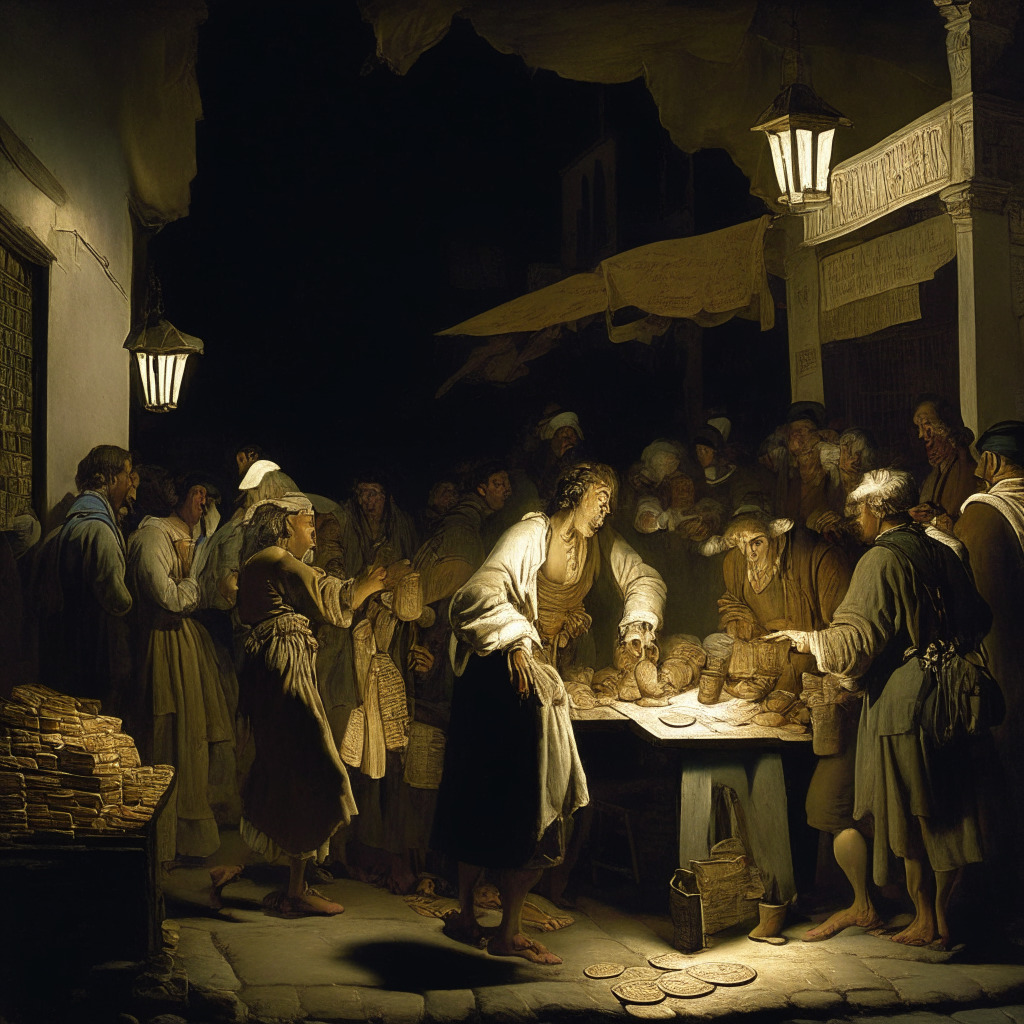As Argentina fights with the worst political crisis in 21 years and hyperinflation, industry insiders have pointed out a noteworthy increase in the purchase of stablecoins. The national currency, the peso, is witnessing its value diminishing, with Bloomberg indicating the official exchange rate being 287 pesos per dollar, and the black market trading at the equivalent of about 600 pesos. A government-mandated restriction on foreign currency buying, confined to $200 per person monthly since 2019, has pushed a number of savers to the black markets.
However, as dollar bills become scarce, a growing number of Argentinians have diverted their attention to USD-pegged stablecoins as a viable means to safeguard their savings. Sebastian Serrano, founder of Brazilian crypto trading platform Ripio, stated their own dollar-pegged token was traded at 726 pesos on August 18, which is 5.3% less than the rate for the “blue dollar” on the same day. Although many are using stablecoins to preserve their savings, some citizens are also using these coins to cater for other transactions such as buying airline tickets and paying for shipments. Moreover, an increasing number of freelancers asking to be remunerated in crypto instead of fiat has been noted.
Adding a new twist to the narrative, the presidential primary elections that took place earlier this month led to a quadrupling demand for Ripio’s USD-pegged coin. The leading candidate, Javier Milei of Libertad Avanza, who garnered about 33% of the total votes, spoke positively about Bitcoin (BTC) in the past. Milei’s rise to fame has reportedly attracted a plethora of investors to the crypto market. Notably, Serrano suggested that Milei would likely have a favorable stance towards cryptocurrencies, given his libertarian approach to the private sector. However, he tempered the optimistic views of those who branded Milei as a potential “Bitcoin president,” stating Milei lacks the technological proficiency and passion for cryptocurrencies unlike leaders like Nayib Bukele of El Salvador.
Further, Serano contradicted the assertions of some, including members of Milei’s own political faction, who insist that Argentina is on the brink of becoming a “BTC haven.” It is expected that the radical views expressed by Milei during his campaign will give way to more pragmatic sentiments in the realpolitik of governance where coalition building is essential. Nonetheless, with the forthcoming presidential elections scheduled for October 22, the crypto magnifying glass remains firmly focused on the role of cryptocurrencies in the country’s economic future.
Source: Cryptonews




